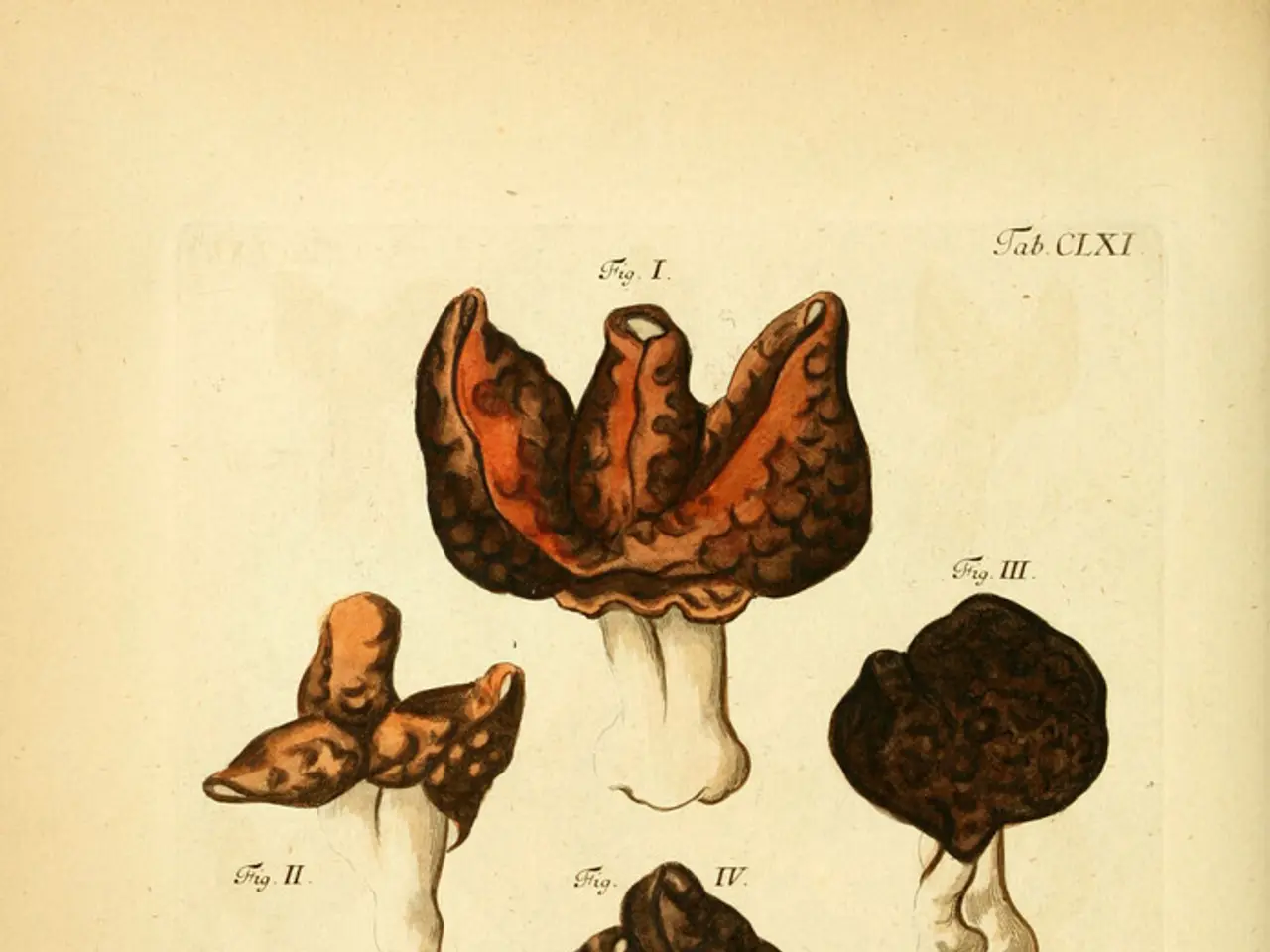Bangladesh's Mushroom Boom: 9,000 Farmers Trained, 120,000 Tonnes Targeted
Bangladesh's mushroom industry is booming, with over 9,000 farmers trained in recent years. The sector, which produces around 40,000 tonnes of mushrooms annually, is poised for significant growth with proper support.
The National Mushroom Development Institute at Savar has been instrumental in this growth. It has adapted 162 foreign strains and 140 local forest varieties, providing a strong research base for the industry.
Mushroom farming offers numerous benefits. It requires minimal resources, with just one kilogram of straw needed to produce one kilogram of mushrooms. The production cycle lasts about 40 days, with low per-unit substrate and mycelium costs. This makes it an attractive option for both rural and urban farmers. The government has also set prices for various mushroom products, such as fresh oyster mushrooms at Tk 200 per kilogram and dried at Tk 1,200.
Officials project that the mushroom industry can become one of Bangladesh's fastest-growing and most sustainable agricultural sectors. With proper policy and technological support, production could triple, reaching around 120,000 tonnes annually. This would significantly boost the industry's current Tk 800 crore annual worth.
Mushroom cultivation is emerging as a promising new frontier for Bangladesh's agricultural economy. With its short growth cycle, low capital requirements, and adaptability to local conditions, mushrooms offer a sustainable and profitable opportunity for farmers. As the industry continues to grow, it is set to play a significant role in Bangladesh's agricultural sector.







